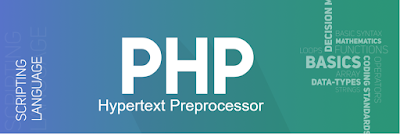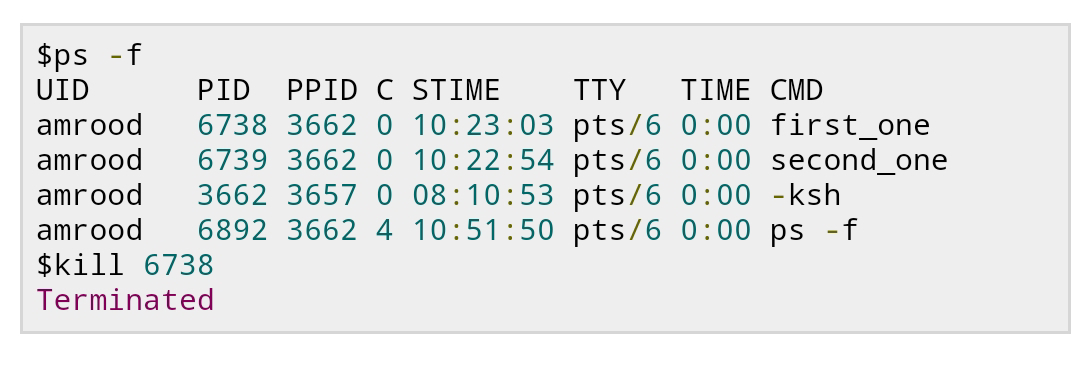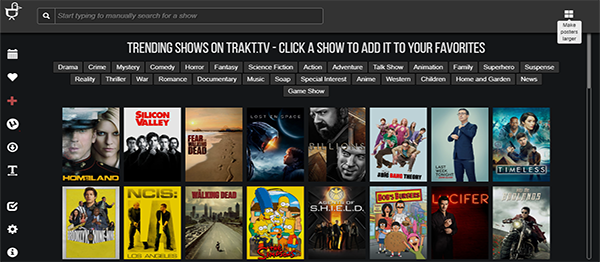Comprehensive PHP Roadmap.
1. Basics of PHP
- Introduction to PHP
- What is PHP?
- Setting Up a Development Environment (XAMPP, WAMP, MAMP)
- PHP Syntax and Embedding in HTML
- Basic PHP Syntax
- Echo/Print Statements
- Comments (Single-line, Multi-line)
- Variables and Data Types
- Variable Declaration, Constants
- Data Types (String, Integer, Float, Boolean, Array, Object, NULL)
- Operators
- Arithmetic, Assignment, Comparison, Logical, Increment/Decrement, String
2. Control Structures
- Conditional Statements
- If, Elseif, Else, Switch
- Loops
- For, While, Do...While, Foreach
- Functions
- Defining and Calling Functions
- Parameters and Return Values
- Variable Scope (Global, Local, Static)
3. Working with Arrays
- Array Types
- Indexed Arrays, Associative Arrays, Multidimensional Arrays
- Array Functions
- Count, Sort, Array Push/Pop, Array Shift/Unshift, Array Merge, Array Slice
4. Strings
- String Functions
- String Length, String Replace, String Position, String Split, String Join
- String Manipulation
- Concatenation, Escaping Characters, HTML Entities, Trimming Strings
5. Forms and User Input
- Form Handling
- GET and POST Methods
- Validating and Sanitizing User Input
- Form Security
- Preventing XSS and CSRF Attacks
- Using htmlspecialchars() and filter_input()
6. Working with Files
- File Handling
- Reading and Writing Files
- File Permissions and File System Functions
- File Uploads
- Handling File Uploads Securely
- Validating Uploaded Files
7. PHP and MySQL
- Database Basics
- Introduction to MySQL
- Setting Up a MySQL Database
- CRUD Operations
- Connecting to a Database
- Creating, Reading, Updating, and Deleting Records
- Prepared Statements
- Using PDO for Secure Database Interactions
- Preventing SQL Injection
8. Sessions and Cookies
- Session Management
- Starting a Session, Storing and Accessing Session Data
- Session Security and Best Practices
- Cookies
- Setting, Retrieving, and Deleting Cookies
- Cookie Security Considerations
9. Object-Oriented Programming (OOP)
- OOP Basics
- Classes and Objects
- Properties and Methods
- Advanced OOP Concepts
- Inheritance, Polymorphism, Encapsulation, Abstraction
- Constructors and Destructors
- Interfaces and Traits
10. Error Handling
- Error Types
- Notices, Warnings, Fatal Errors, Parsing Errors
- Error Handling Functions
- Try, Catch, Finally
- Custom Error Handlers
- Logging and Debugging
- Using error_log() and debug_backtrace()
11. Advanced Topics
- Regular Expressions
- Using preg_match, preg_replace, preg_split
- Date and Time
- Working with DateTime Class
- Formatting Dates and Times
- Web Services
- Consuming RESTful APIs
- JSON and XML Parsing
12. Security Best Practices
- Data Validation and Sanitization
- Input Validation Techniques
- Password Hashing
- Using password_hash() and password_verify()
- Secure Coding Practices
- Avoiding Common Vulnerabilities (XSS, CSRF, SQL Injection)
13. PHP Frameworks
- Introduction to Frameworks
- Benefits of Using Frameworks
- Popular PHP Frameworks
- Laravel, Symfony, CodeIgniter, Zend
- MVC Architecture
- Understanding Model-View-Controller Pattern
14. Testing and Debugging
- Unit Testing
- Using PHPUnit for Unit Tests
- Debugging Tools
- Xdebug, PHP Debugging Techniques
- Code Quality
- Static Analysis Tools, Code Coverage
15. Deployment and Maintenance
- Deployment
- Setting Up a Production Server
- Using Version Control (Git)
- Maintenance
- Updating PHP and Dependencies
- Monitoring and Performance Tuning
16. Continuous Learning
- Staying Updated with PHP
- Following PHP RFCs and New Releases
- Learning Resources
- PHP Manual, PHP: The Right Way, Community Forums
This comprehensive roadmap provides a structured approach to mastering PHP, from basic concepts to advanced techniques. Adjust the roadmap according to your learning pace and goals. Happy coding!
.png)



